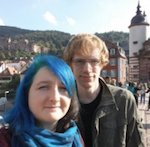 Last month, Katie and Paul spent a week blogging from the Heidelberg Laureate Forum – a week-long maths conference where current young researchers in maths and computer science can meet and hear talks by top-level prize-winning researchers. For more information about the HLF, visit the Heidelberg Laureate Forum website.
Last month, Katie and Paul spent a week blogging from the Heidelberg Laureate Forum – a week-long maths conference where current young researchers in maths and computer science can meet and hear talks by top-level prize-winning researchers. For more information about the HLF, visit the Heidelberg Laureate Forum website.
Earlier this year, one of our colleagues made an interesting observation about the Wikiquote page for Mathematics . Wikiquote collects interesting and pithy statements, with references, and categorises them by subject. What our friend Colin had noticed that was almost all of the quotes on the page about mathematics were from men.
This reflects on existing gender imbalance in mathematics, which will hopefully improve. But mathematics is done by all kinds of people all over the world, and many of them have occasion to say interesting and/or profound things about their subject – even the ones who aren’t men. Since Wikiquote is part of the Wikimedia network and can be edited and contributed to, we held a small editing day back in May where we added a number of quotes from female mathematicians to the page, to try to balance out the score.
Walking around the Women in Mathematics featured here at the HLF this week, I was featured by the amazing quotes taken from the interviews with each of the mathematicians. I’ve picked some of my favorites – and yes, I’ve added them to the Wikiquote page . Enjoy!
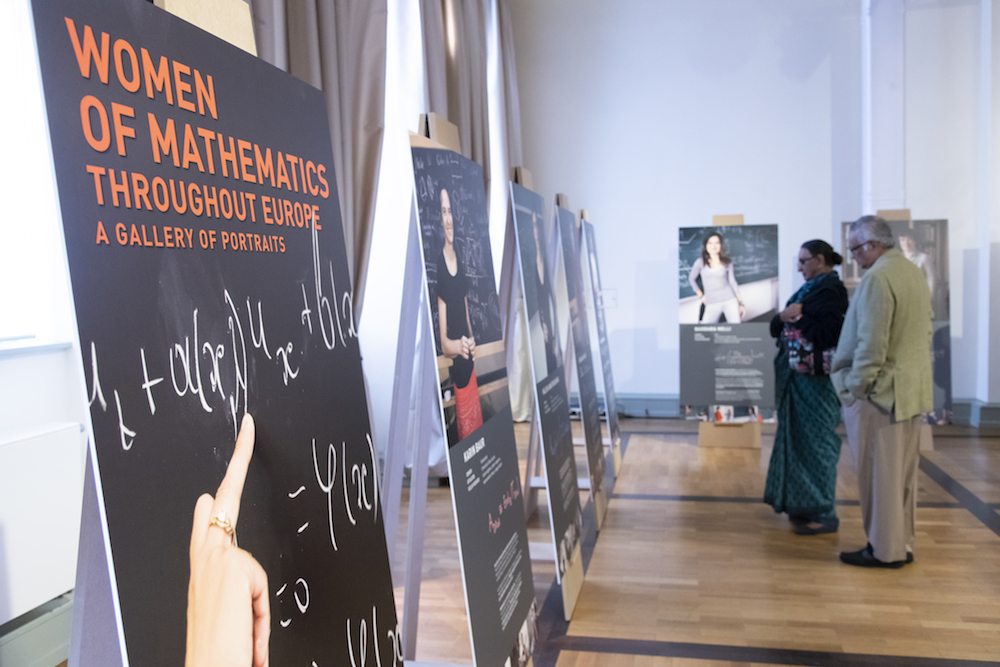
Photo from opening of Women in Mathematics exhibition, © Heidelberg Laureate Forum Foundation / Mück
“In doing mathematics, I express something personal. It is a source of joy to know that, despite this personal aspect, the fruit of my work can be of interest to other mathematicians. “- Nalini Anantharaman
“Mathematics offers a common language across borders. It’s a real joy. “- Alice Fialowski
“My earliest mathematical memory is my father’s explanation of the theorem that three angles in a triangle add up to 180 degrees. The idea that something could have proved to be true was very appealing to me. “- Frances Kirwan
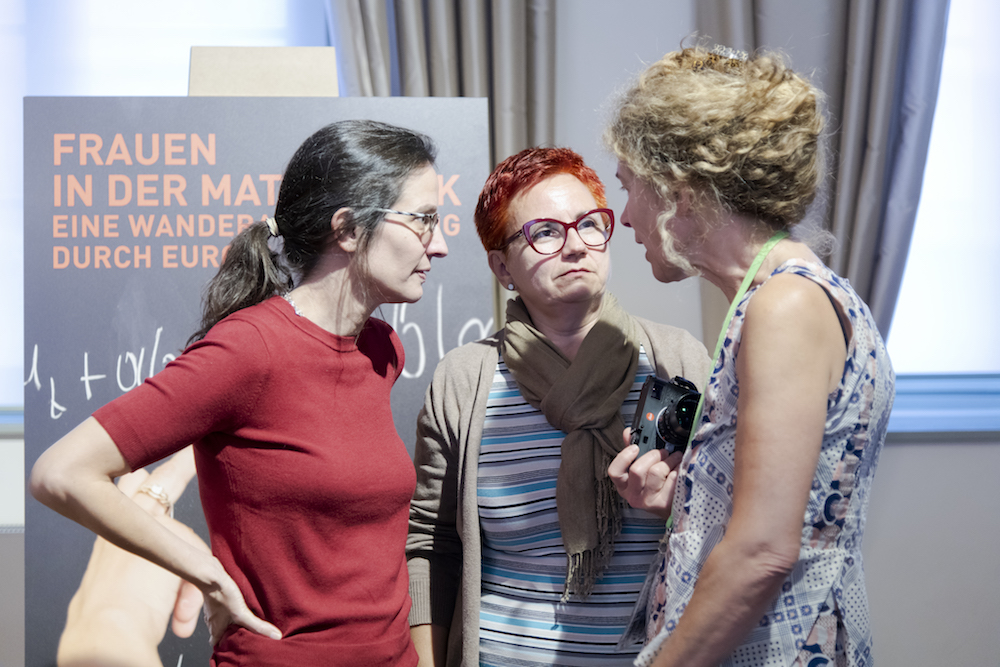
Photo from opening of Women in Mathematics exhibition, © Heidelberg Laureate Forum Foundation / Mück
“I used to fear I was on the right track. You need to develop a personal conviction that you are a mathematician , and that’s what you are doing. “- Katarzyna Rejzner
“I enjoy being surprised by mathematics and its intrinsic difficulty. The moment I enjoy the fall of one coherent whole. “- Katrin Wendland
“You should not choose to do mathematics if you want to make money; your salary as a mathematician will never correspond to the amount of time invested in your work. “- Margarida Mendes Lopes
“I like to find out as much as I can about a mathematical object as possible, just as you would like to understand a person as well as possible.” – Oksana Yakimova



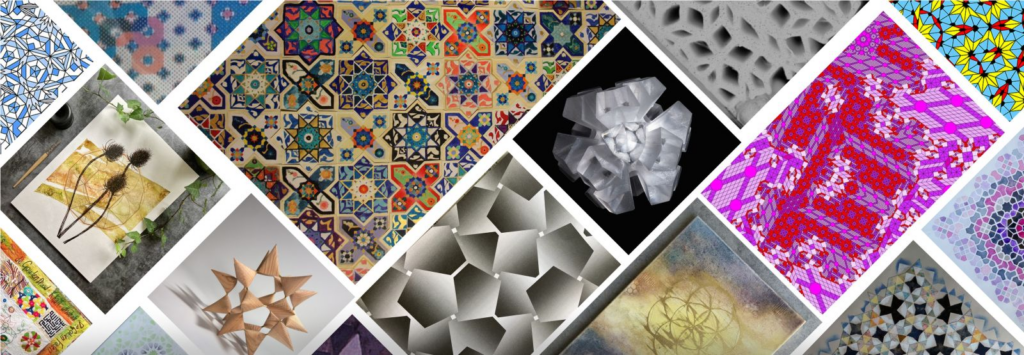
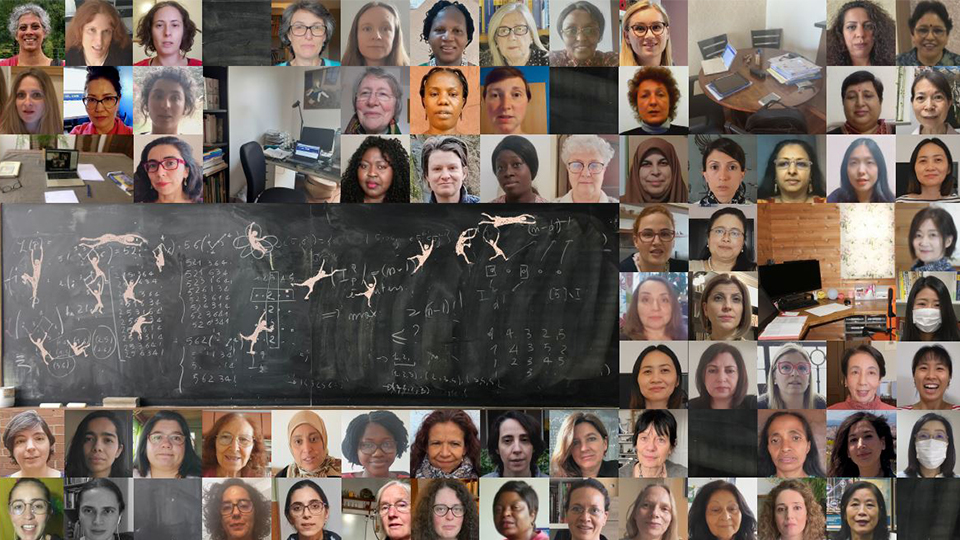



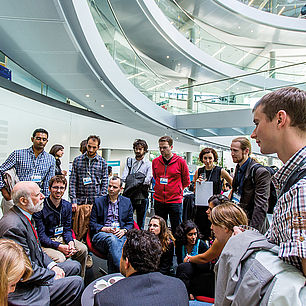
 Last month, Katie and Paul spent a week blogging from the Heidelberg Laureate Forum – a week-long maths conference where current young researchers in maths and computer science can meet and hear talks by top-level prize-winning researchers. For more information about the HLF, visit
Last month, Katie and Paul spent a week blogging from the Heidelberg Laureate Forum – a week-long maths conference where current young researchers in maths and computer science can meet and hear talks by top-level prize-winning researchers. For more information about the HLF, visit 

